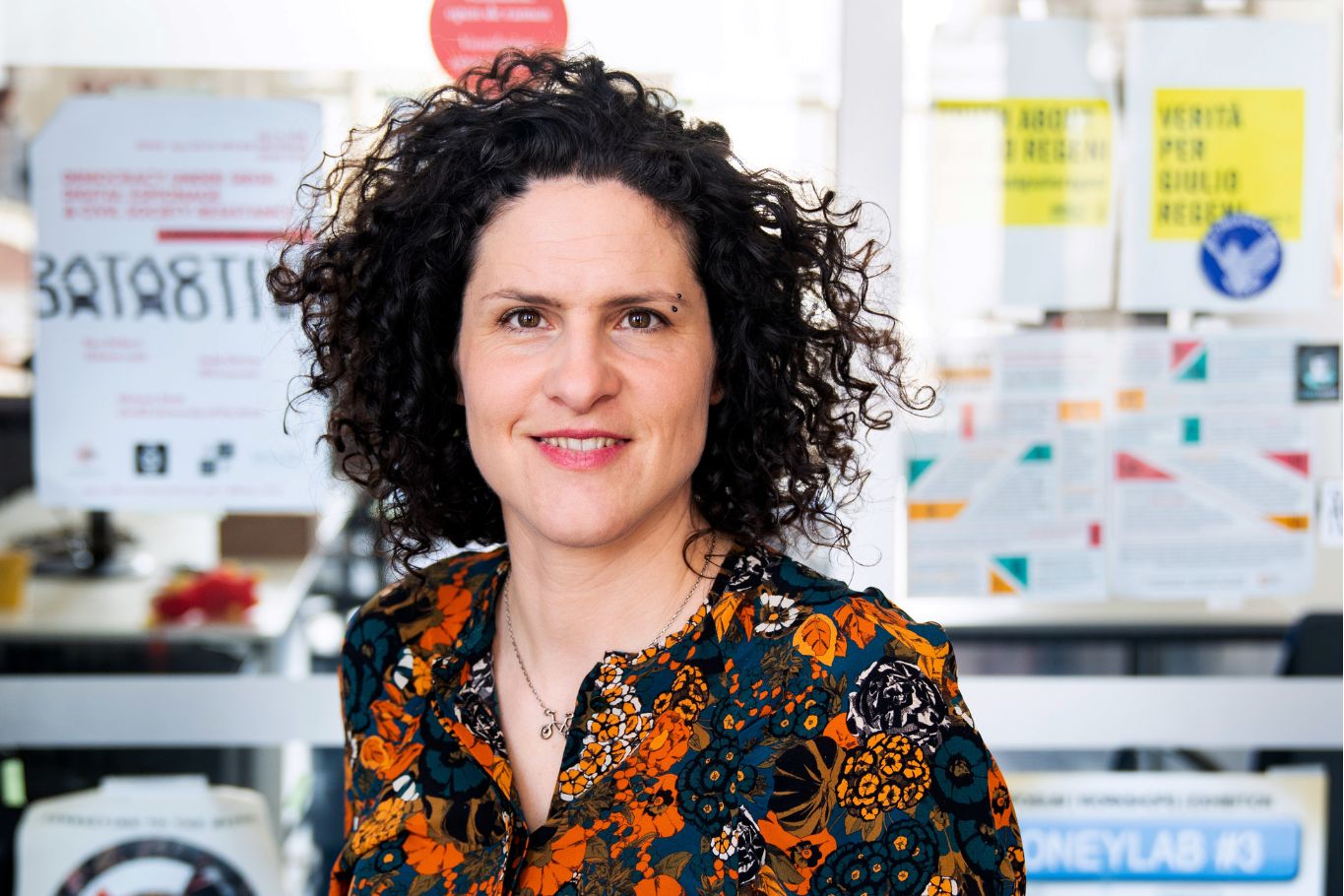Bursting the social media bubble with open-source software

When we use social media, we want to believe that we are in control of the ideas and information we share within our network. Yet we cannot ignore the filter bubbles that emerge on online platforms, which can breed political and social polarisation.
This opaque correlation between user preferences and the filtering of information on social media platforms, caught the attention of Stefania Milan, Associate Professor of New Media & Digital Cultures at the University of Amsterdam.
‘We wanted to get people thinking about their information diet’, she says. ‘We are concerned with what we eat, but we aren’t as concerned about what we consume in terms of information, especially in the context of social media.’
Demystifying information technology
For Milan, ERC support was critical in shaping her research trajectory, starting in 2015 with a project on citizenry in the age of Big Data. In this context, she noticed a lack of independent, quantitative research on micro-targeting, or ‘how our world view is influenced by content personalisation as we browse the internet’.
In 2018, thanks to additional ERC funding, Milan assembled a cadre of 15 collaborators, including: Claudio Agosti, the lead software developer; Davide Beraldo, a data analyst; and Jeroen de Vos, a social media analyst. ‘We were also able to train and engage developers, junior scholars and investigators from domains beyond computer science such as sociology and political science’, she says.
The objective was to develop prototype software that could be downloaded by users as a browser extension. Once installed, all the public posts on a user’s timeline would be collected, anonymised and analysed via secure servers. Milan’s interdisciplinary team had the capacity to not only develop the software but also undertake novel data-driven analysis to understand how user behaviour is influenced by personalisation algorithms.

Empowering digital citizens
By 2020, Milan and her team had successfully developed open-source software to collect data on the workings of personalisation algorithms on Facebook (Facebook.tracking.exposed); YouTube (Youtube.tracking.exposed); and Amazon (Amazon.tracking.exposed).
Although the ERC funding concluded in 2020, the software they developed lives on. ‘Our approach is scalable and reusable to study personalisation on many different social media platforms’, Milan explains. Most recently, in the context of the Dutch election cycle (mid-March 2021), the software was used to monitor Facebook and determine the impact of personalisation algorithms on political preferences. ‘We even partnered up with a national newspaper, among other media outlets, to investigate the issue.’
ERC support has given Milan and her team a tool and a platform to speak directly with the general public about personalisation algorithms, what they are, and how they work on different social media platforms. Looking ahead, she wants to continue to empower users to take ownership of the information they share and receive, enabling them to truly become ‘digital citizens’.
Interview with Stefania Milan
About the researcher
Stefania Milan is an associate professor of New Media and Digital Culture at the University of Amsterdam. She is fascinated by the interplay between technologies and society. She has published research in a variety of fields, including critical data studies, political sociology, and science and technology studies. Born in Italy, she studied at the University of Padova and in 2009, she obtained a PhD in Political and Social Sciences from the European University Institute in Italy. She won an ERC Starting Grant in 2014 and an ERC Proof of Concept in 2018.


